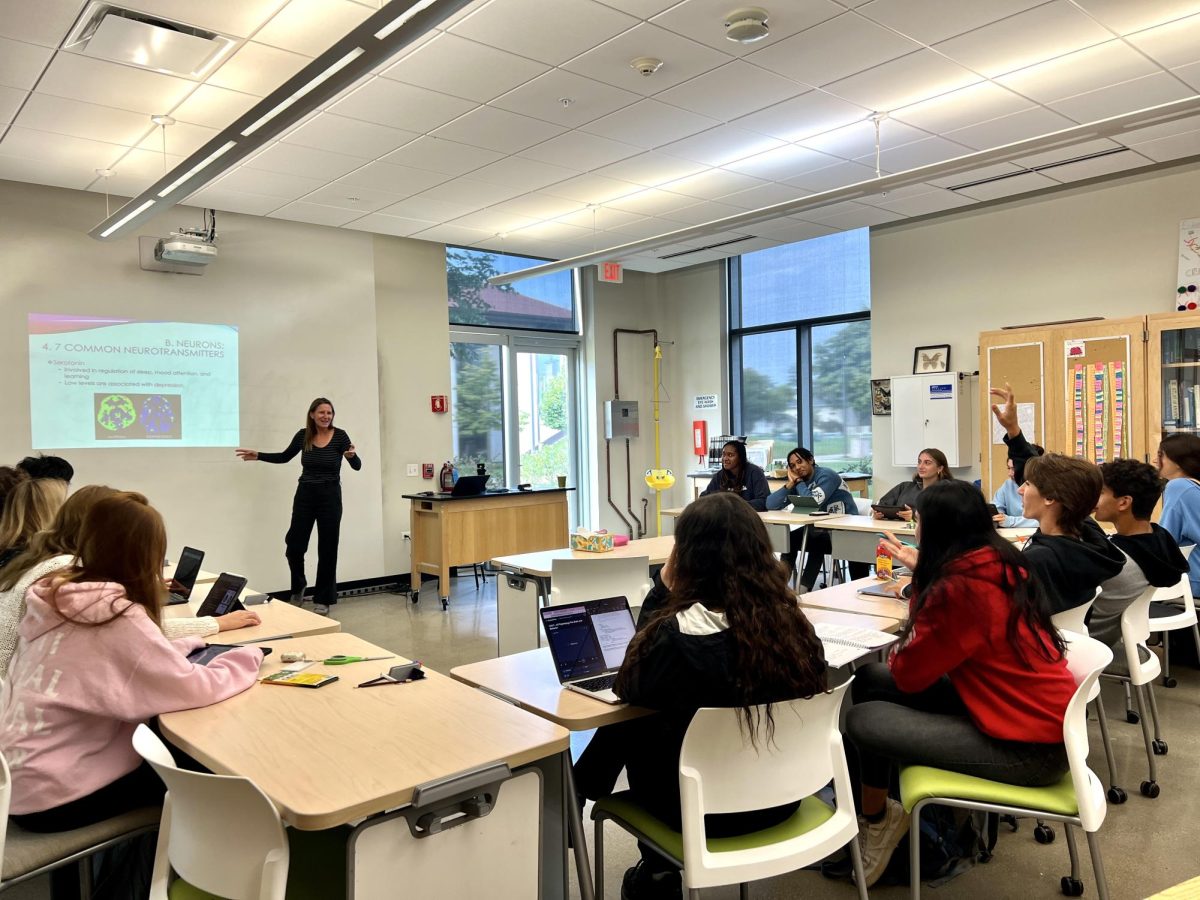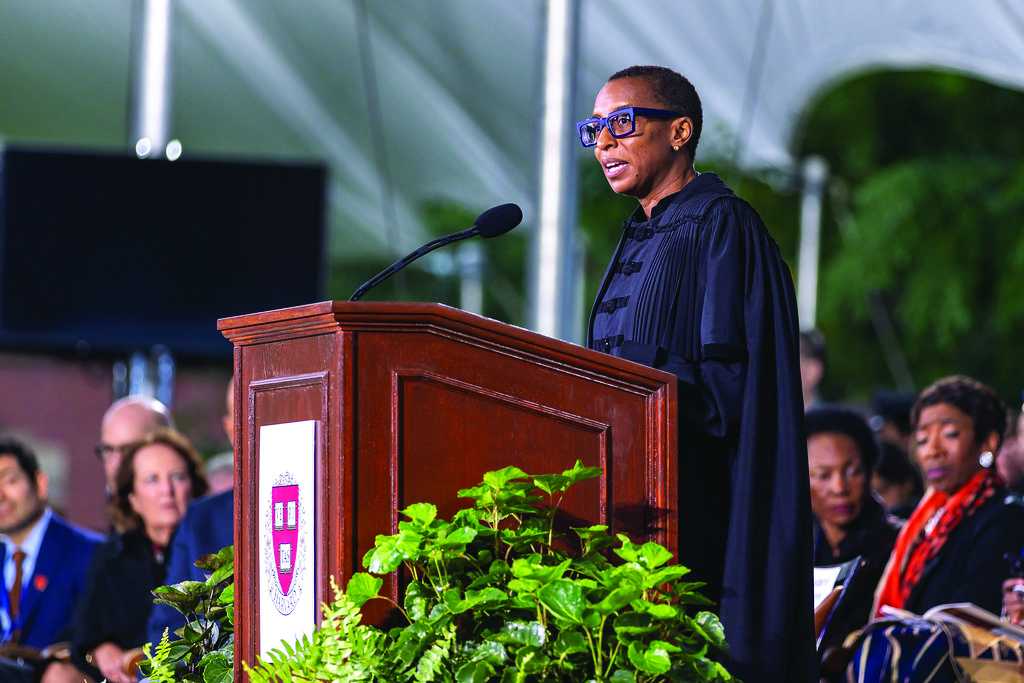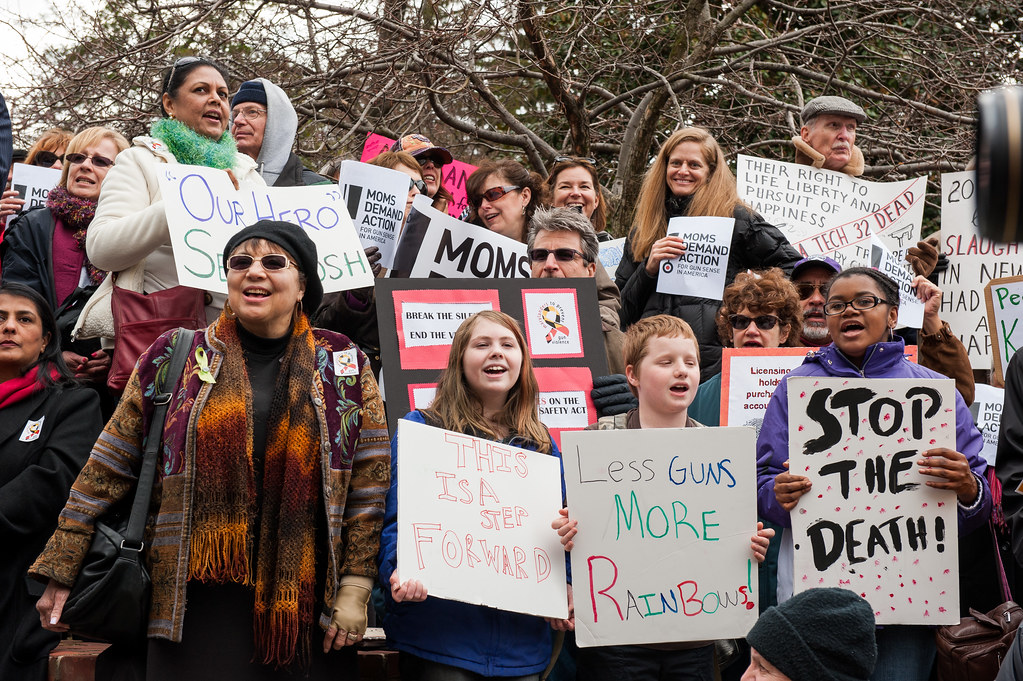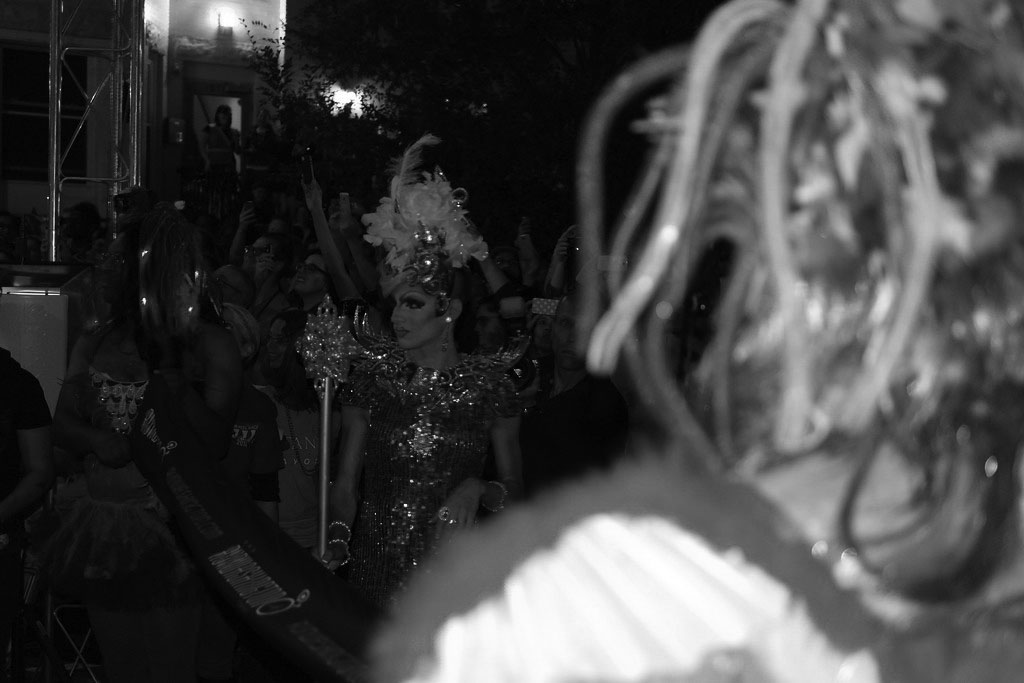Politics has again interfered with education: in August 2023, Florida Department of Education effectively banned AP Psychology course within the state as it contains contents on gender and sexuality, contradicting the “Don’t Say Gay” law. While the governor Ron DeSantis originally asked for the removal of the materials that were in conflict with its state law, the College Board rejected to modify its material. The committee affirmed that “gender and sexual orientation are essential, longstanding, and foundational topics in the study of psychology”.
The removal of AP Psychology, a course launched in 1992 by the College Board, fundamentally hindered the opportunity for students to learn. AP Psychology has been highly popular among all the college-level courses College Board offered: it has continuously been considered as the top five “most requested” class with more than 28,000 students in Florida taking it in the previous academic year. The AP Program of College Board allows for high school students to take challenging college-level classes and benefit them in the long-term by earning college credits ahead of time. The cancellation of this AP course affects students’ plan especially if they intend to major in related fields, consuming their time to take basic courses that could otherwise have been done in high school and not have time to complete more advanced ones. While education aims to be wholistic, Nancy Nassr, the Assistant Head of School & Dean Academics, stated, “Taking any class out of syllabus, in this case AP Psychology, is detrimental to students [in the] long-term because it limits the chances of students to learn, challenge, and to be introduced to new topics. It’s a fundamental responsibility for schools to create the greatest opportunities for students.”
Florida’s persistence in censoring educational materials trespasses on students’ right to learn about themselves, their peers, or areas of knowledge they had not been exposed to correctly. While AP Psychology is a course to understand human behaviors basing on empirical evidence and promoting the fundamental understanding of each other, purposefully neglecting gender and sexuality that composed a big part in our development as humans is in conflict to who we are. “If you look at psychology as a field, it’s sexual behavior, gender identities, and all kinds of identities that all are very central to who we are,” Dr. Sarah Taylor, Science Department Chair and AP Psychology teacher, continued, “we can’t pick and choose which part of the human we want to understand and which part we don’t, and within psychology, the most important thing to humans is the sense of self that separate us from other species, and that sense of self is interesting, such as understanding the development of identity is critical and a part of that is sexual orientation and gender identity. So deleting it is really doing a disservice to our understanding of human behavior.”
Nonetheless, censorship on education is not uncommon in Florida: retrospectively, DeSantis has a history of dismissing certain materials in class. From banning books in public schools’ libraries, rejecting AP African American Studies, to the recent ban on AP Psychology, the censorship seems to be triggered in regards to topics such as race, gender, or sexuality. The primary responsibility of education, Nassr said, was “to nurture and develop critical thinking in students as well as empathetic thinking. We are not in a position to tell our students what they should or shouldn’t believe in, but we should be able to present all sides of a topic so that they can form their own well thought-out and conceived ideas”; however, DeSantis completely contradicted this principle in learning through his actions of limiting access to certain knowledge.
Taking this course away also signifies a backlash to the LGBTQ+ community. Nassr commented, “If you make one decision, there will be implications happening that are far greater than—in this case—in the classroom.” Whilst the class materials is a tool of validating the representation of ourselves or learning experiences of others, claiming a class that it’s inappropriate, “what you’re also saying is that those people’s experiences are not legitimate; you are denying people’s humanity, which is far more damaging than anything,” continued Nassr. Students in high school undergo a period of self-exploration, during which they are more affected emotionally; hence, not seeing themselves with enough positive representation in textbooks, classrooms, or any occasions will be hard for them to feel validated.
When politicians start to make decisions on what can be taught and what is limited from learning in schools, that is the sign of politicizing classrooms into battlefields. As a result, students with a lack of exposure on topics considered “sensitive” contributes to the continual fragmentation within the society—words become rusted and piercing over a long time not being used.
While in AP Psychology students strive to understand humans in various ways, “we’re seeing that playing out in an ironic way–the very ban on AP Psychology is getting at the heart of everything we talk about, like why do we react when we feel our values are being attacked–protecting, hiding,and taking away. It’s a missed opportunity for all people who are not able to take this course because it gets to the heart of group conflict and conflict in politics and binary thinking,”stated Taylor.
Education is supposed to be a way of eliminating discrimination and prejudice—it takes a neutral standpoint and fosters the young generation with unbiased information that could ultimately uphold us to seek justice for the world we live in.
Even in the learning of science, education can be a force for the democratization of cultural life. If it couldn’t be, there would be no purpose in committing oneself to a classroom.












